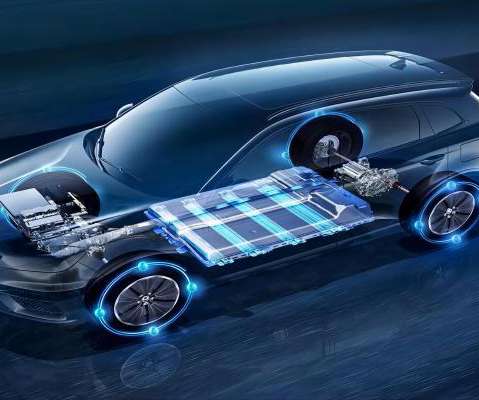NSF to award $13M to projects focused on electrochemical and organic photovoltaic systems
Green Car Congress
FEBRUARY 24, 2017
The goal of the Energy for Sustainability program is to support fundamental engineering research that will enable innovative processes for the sustainable production of electricity and fuels, and for energy storage. Advanced systems such as lithium-air, sodium-ion, as well as lithium-ion electrochemical energy storage are appropriate.











Let's personalize your content